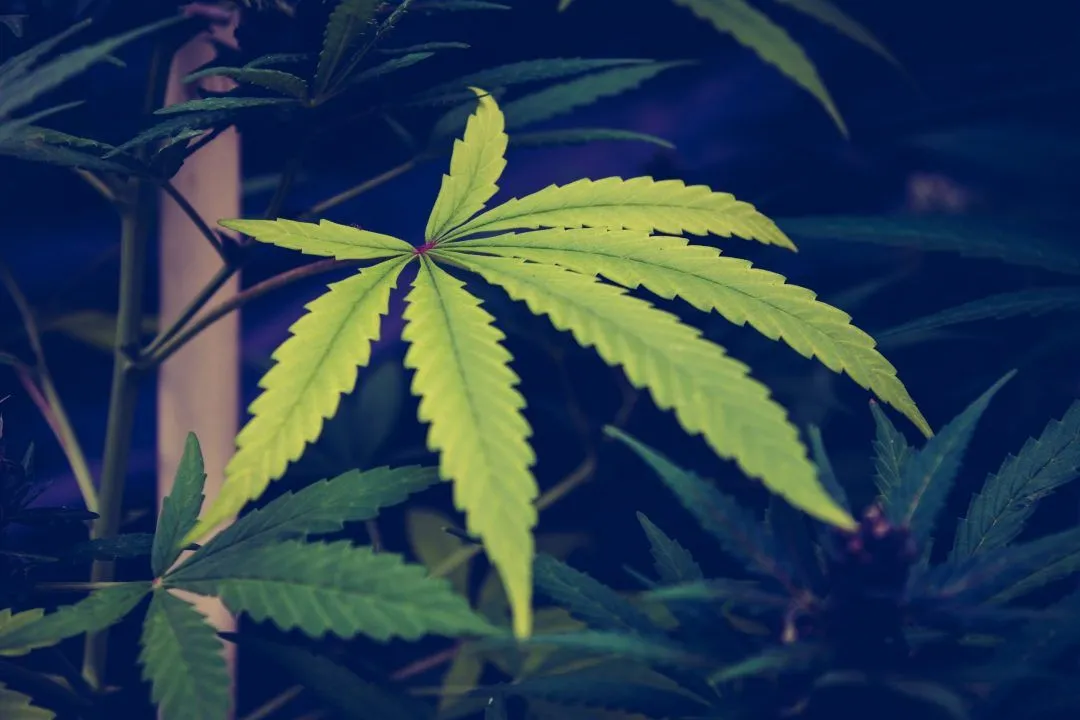CBD, or cannabidiol, is a natural compound found in the cannabis plant that has gained much attention in recent years due to its potential health benefits. CBD is becoming popular as an alternative or complementary treatment for various health conditions, including mental health disorders. Its non-psychoactive properties and potential therapeutic effects have made it an attractive option for many people seeking natural remedies for their mental health issues. You can get a lot of CBD benefits.
Table of Contents
How CBD Works for Mental Health?
The endocannabinoid system is a complex network of receptors, enzymes, and signalling molecules that regulate various physiological processes, including mood, appetite, sleep, and pain perception. The body naturally produces its cannabinoids, known as endocannabinoids, which interact with this system. CBD interacts with the endocannabinoid system by binding to specific receptors and modulating the activity of enzymes, which can affect various physiological processes.
CBD has been shown to affect several areas of the brain that are involved in mental health, including the amygdala, hippocampus, and prefrontal cortex. These brain regions are critical in regulating emotions, memory, and cognitive function. By modulating the activity of these areas, CBD may help to regulate mood, reduce anxiety, and improve cognitive function in individuals with mental health disorders.
CBD Benefits for Mental Health
-
Anxiety
Several studies have shown that CBD may help to reduce symptoms of anxiety. For example, a 2019 study found that CBD significantly reduced anxiety in individuals with social anxiety disorder. Another study found that CBD may help to reduce anxiety in individuals with post-traumatic stress disorder (PTSD). CBD may work by activating certain receptors in the brain that are involved in regulating fear and anxiety.
-
Depression
While research on CBD and depression is still limited, some evidence suggests that CBD may have antidepressant effects. For example, a 2018 study found that CBD may enhance serotonin’s activity, a neurotransmitter often targeted by antidepressant medications. Another study found that CBD may reduce depressive symptoms in individuals with bipolar disorder.
-
PTSD
CBD may be a promising treatment for individuals with PTSD. A 2019 study found that CBD reduced symptoms of PTSD, including anxiety and nightmares, in individuals who had experienced a traumatic event. CBD may work by reducing the activity of the amygdala, a brain region involved in fear and anxiety.
-
Bipolar Disorder
Some evidence suggests that CBD may be helpful for individuals with bipolar disorder. For example, a 2019 study found that CBD reduced symptoms of mania in individuals with bipolar disorder. However, more research is needed to understand how CBD may work for bipolar disorder fully and to determine its potential long-term effects.
-
Schizophrenia
CBD may be a promising treatment for individuals with schizophrenia. A 2012 study found that CBD reduced psychotic symptoms in individuals with schizophrenia, and a 2019 review of several studies found that CBD may have antipsychotic effects. CBD may work by regulating neurotransmitter activity in the brain.
-
Substance Abuse
Some evidence suggests that CBD may be helpful for individuals with substance use disorders. For example, a 2015 study found that CBD reduced drug cravings in individuals with heroin addiction. CBD may work by reducing the rewarding effects of drugs and by reducing inflammation in the brain.







Como recuperar mensagens de texto excluídas do celular? Não há lixeira para mensagens de texto, então como restaurar mensagens de texto após excluí – Las?